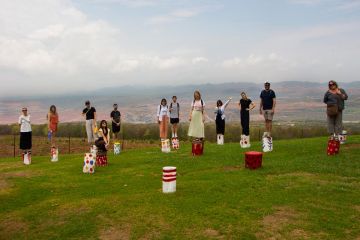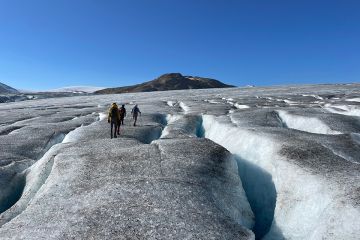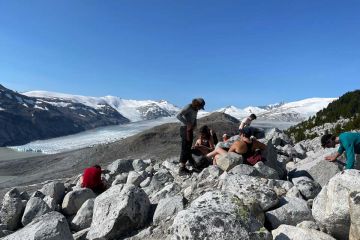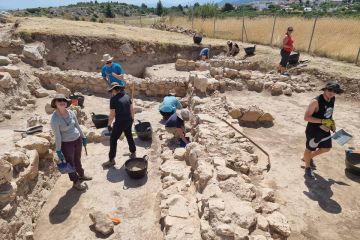New European field school delves into urgent global issues
Human and Social Development, Social Sciences, Fine Arts, Humanities, Law
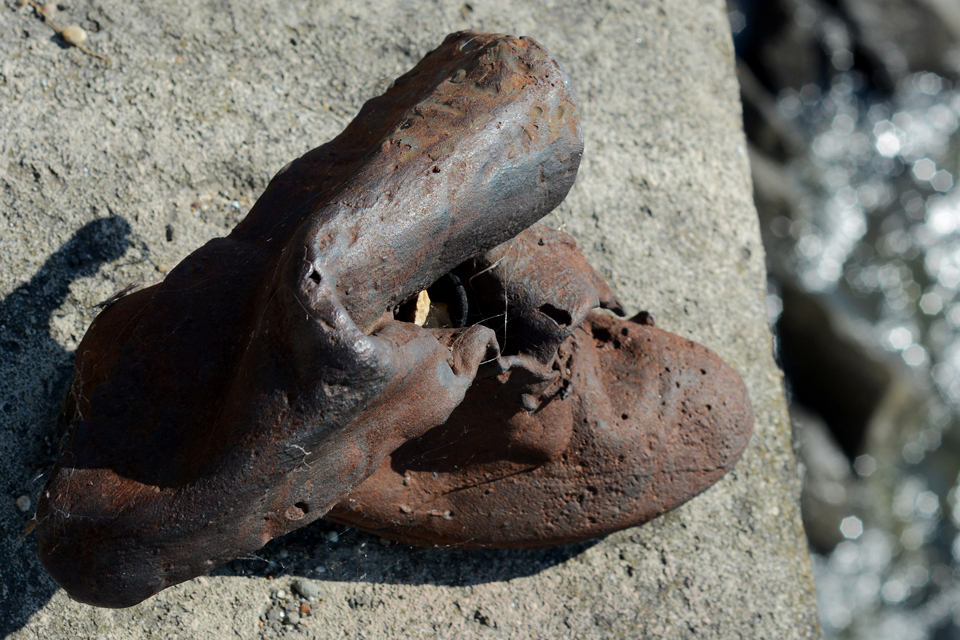
University of Victoria students are visiting historic sites in Europe in a new field school underway that examines urgent global issues, such as migration, the refugee crisis and the memorialization of the Holocaust.
The EU summer field school, which started on Saturday and runs until July 27, includes original musical performances in three cities. Twelve Canadian, Hungarian and French graduate students are travelling to Budapest, Berlin and Aix in the south of France as part of their studies. They will consider how narratives of the past influence attitudes towards migration today, particularly in light of the influx of refugees and migrants to Europe from the Middle East and Africa.
Music students will help perform pieces specifically composed for the trip. Historic locations, including a train station in Budapest that served as a deportation centre for Hungarian Jews during the Second World War, Ravensbrück Memorial Site north of Berlin, and the memorial site for the French internment site, Camp des Milles near Aix, are serving as inspiration for the compositions.
Charlotte Schallié, an associate professor in the Department of Germanic and Slavic Studies in UVic’s Faculty of Humanities and the director of UVic’s European studies program, says the field school will expand students’ academic experience and challenge them to broaden their understanding of major historic events.
“These places hold incredible meaning,” says Schallié, who is the field school coordinator and is accompanied by two colleagues, composer Dániel Péter Biró of UVic’s School of Music and sociologist Helga Hallgrimsdottir of UVic’s School of Public Administration. “We will look at the history of the Holocaust and how the countries come to terms with these histories and how it affects current attitudes about immigration. The goal is to take the classroom on the road, but also to challenge the students as strongly as we can.”
The field school includes UVic graduate students from the faculties of humanities, fine arts and law, as well as four Hungarian students, two French students and one student from Toronto. Guest scholars and musicians from each country on the itinerary will round out the international experience.
And the learning doesn’t stop in Europe. On Aug. 16, the group will travel to Winnipeg to visit the Canadian Museum of Human Rights before coming to Victoria on Aug. 20. Schallié says the Canadian component of the field school will consider Canada’s relationship with Indigenous peoples and the role of the Truth and Reconciliation Commission. The symposium will examine larger issues around nationalist and xenophobic movements in North America and Europe.
UVic master’s student and filmmaker Chorong Kim, who won best documentary film for students at the Montreal World Film Festival last year, will be taking her camera to document the field school. “This is a really meaningful opportunity for students to go beyond textbooks,” she says.
Kim, who was born in Berlin and studies German language and literature, hopes to create a documentary from the footage collected. “To be given an opportunity to visualize and construct a dialogue between the past and present is overwhelming but also exciting for me.”
See backgrounder for highlights of the new UVic field school.
The field school is supported by various funding agencies, including the Social Sciences and Humanities Research Council.
-- 30 --
Photos
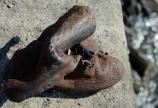

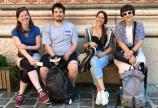
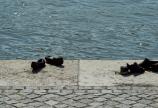
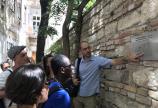
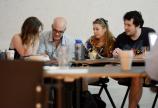
Media contacts
Dr. Charlotte Schallié (Dept. of Germanic & Slavic Studies) at schallie@uvic.ca
Chorong Kim (Filmmaker and humanities student) at chorongk@uvic.ca
Stephanie Harrington (Humanities Communications) at 250-721-6248 or humscom@uvic.ca
Tara Sharpe (University Communications + Marketing) at tksharpe@uvic.ca
Click here for the backgrounder.In this story
Keywords: field schools, music, history, interdisciplinary, racism, religion, study abroad, war, world cultures, international, student life, research, community, Holocaust, Europe
People: Charlotte Schallie, Daniel Biro, Helga Hallgrimsdottir

